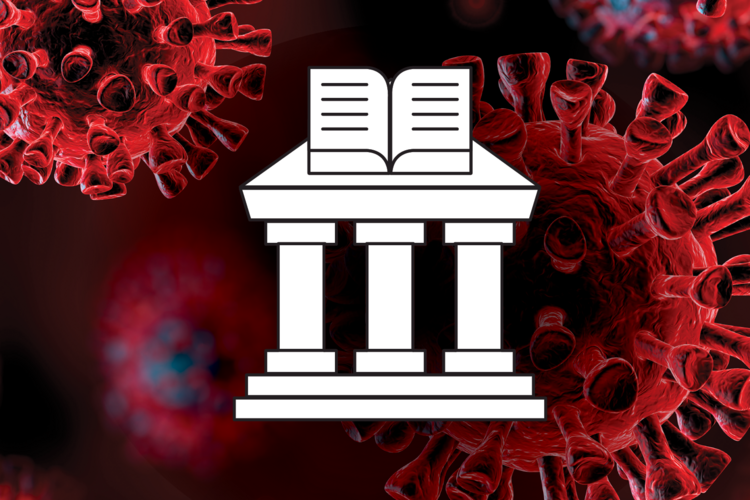The shutdowns in the United States—of businesses, restaurants, schools, churches—began one year ago this March. We asked 14 experts to reflect on the biggest lessons from the past year in the hope that they might help us find a better way forward. You can read the rest of the series here.
There was no playbook for handling the Covid-19 crisis, and for a while we knew only that the virus was very hard to prevent, treat or predict. The first New York City case was reported on March 1, 2020. Fordham University made the decision to send our students home on March 9 and to resume instruction remotely three days later. We initially thought that the crisis would pass by the end of spring break. As we know, that did not turn out to be the case. For the ensuing nine months, and continuing today, all decisions are provisional.
It was a climate that played to the strength of Jesuit education: an intellectual and organizational agility that has allowed us to pivot to new strategies and technologies as we spread across the globe and as circumstances changed around us. Our mission, now almost five centuries old, is as challenging as it has ever been—and I include in that estimation the suppression of the Society of Jesus in the late 1700s and early 1800s. It is hard to overstate how rapidly and unpredictably the world is changing, and with it, the way a Jesuit education is delivered.
The lesson we take from the pandemic is one we have always taught ourselves: We must continue to deliver a timeless education using whatever new tools come to hand. If culture and technology change at blazing speeds, the human heart does not. Our souls still yearn for truth; our intellects for learning. We continue our mission as long as we feed that hunger with rigor and integrity.
Developing Nations
Mental Health
The American Family
Inequality
Technology
Catholic Schools
The American Work Force
Parish Life
Children’s Health
Economy
Catholic Hospitals
Globalization
Spiritual well-being








